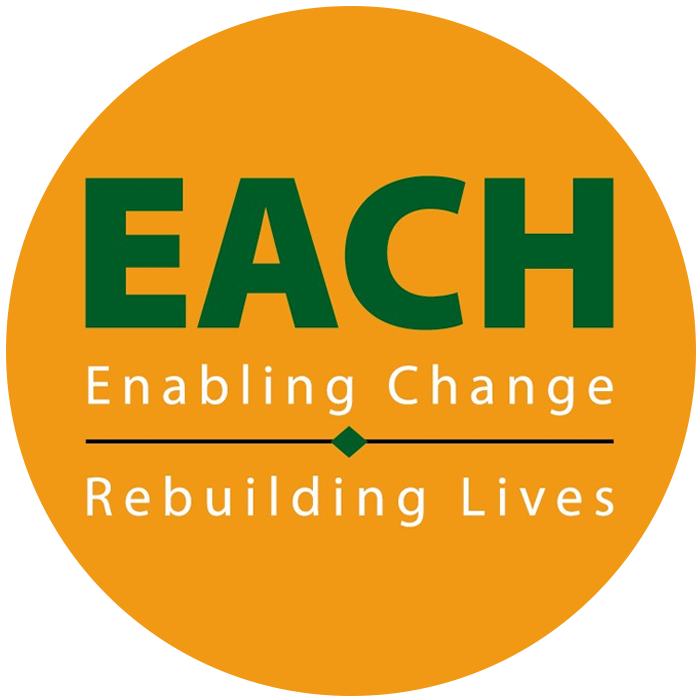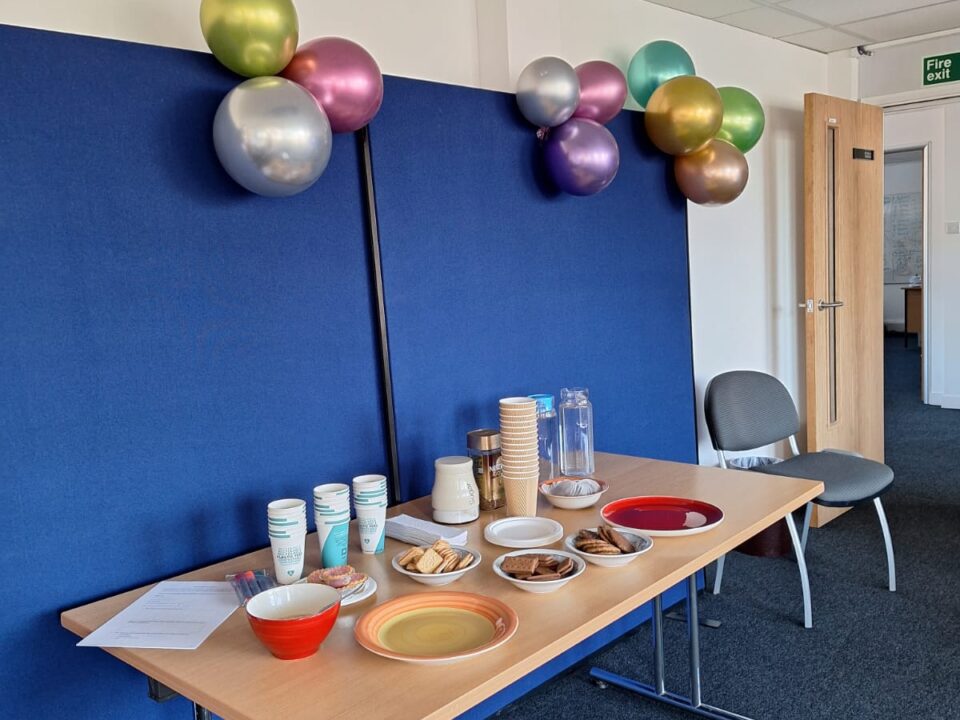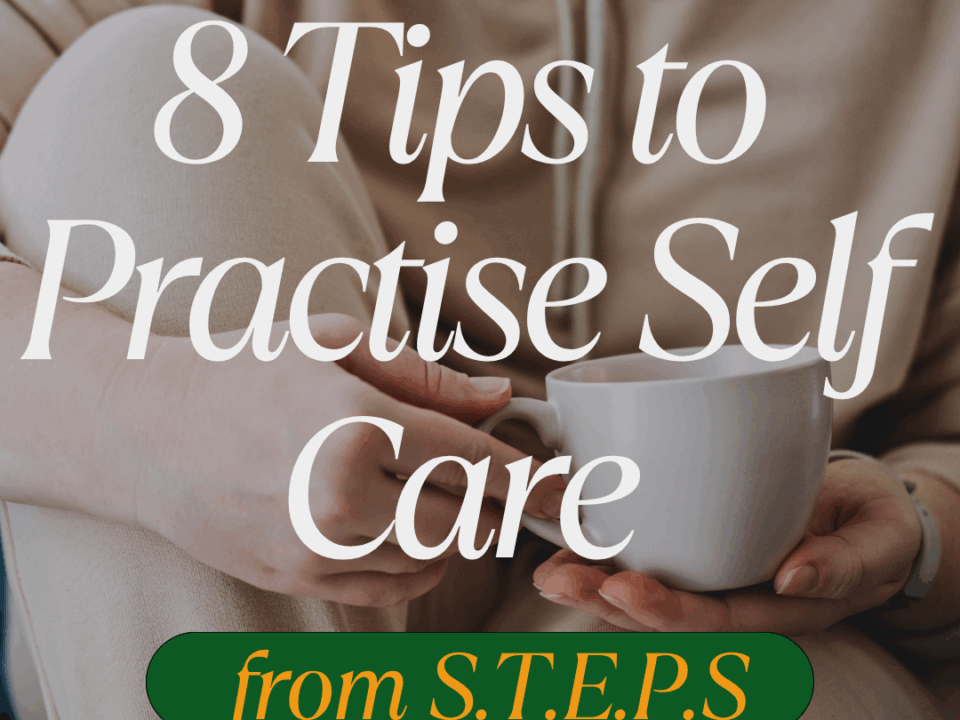
Self-Care Matters: 9 Ways to Look After Your Wellbeing

Tea and a Chat with Peer Support Volunteers
How Do I Know If I Am Experiencing Abuse?
Many people imagine abuse as something loud, obvious, and easy to identify, such as name-calling, shouting, hitting, and apparent cruelty. But the truth is, abuse can be subtle. It can creep into your life quietly, disguised as “concern,” “jokes,” or “just the way things are.” You might even find yourself wondering if you’re overreacting or imagining things.
If you’re asking the question “Am I being abused?”, that in itself is important. It’s worth exploring, because abuse thrives in confusion and self-doubt.
Abuse Isn’t Just Physical
Physical violence is one form of abuse, but it’s not the only one. Abuse can be:
- Emotional or psychological – insults, humiliation, manipulation, or threats that chip away at your sense of self-worth.
- Verbal – constant criticism, shouting, or name-calling.
- Sexual – any unwanted sexual contact or coercion, even in an ongoing relationship or marriage.
- Financial – controlling your access to money, sabotaging your work, or keeping you financially dependent.
- Social isolation – stopping you from seeing friends or family, monitoring your calls, or making you feel guilty for spending time with others.
- These forms can overlap. Sometimes the absence of kindness, respect, or safety is as damaging as the presence of obvious cruelty.
Signs You Might Be Experiencing Abuse
You might notice:
- You feel afraid of your partner, family member, friend, or boss most of the time.
- You find yourself changing your behaviour to avoid angering them.
- They dismiss your feelings, tell you you’re “too sensitive,” or rewrite events so you doubt your own memory (gaslighting).
- You no longer feel free to make choices without their approval.
- They monitor where you go, who you see, or how you spend money.
- Apologies are rare, or they apologise only to avoid consequences—not because they’ve truly taken responsibility.
Abuse often works in cycles: tension builds, there’s an incident, then a “honeymoon” period with apologies, gifts, or promises to change before it starts again.
Why It Can Be Hard to Recognise
• Love and fear can coexist. You might care deeply about the person hurting you.
• Cultural or family norms might normalise harmful behaviour.
• Shame and stigma can make you minimise what’s happening.
• Gradual escalation means you may have adjusted bit by bit to behaviour you would once have recognised as unacceptable.
Abuse is never your fault. It’s a choice someone makes to exert power and control over you.
What You Can Do
1. Trust your feelings. If something feels wrong, it’s worth listening to yourself.
2. Reach out to someone safe. A friend, counsellor, or helpline can help you see things more clearly.
3. Learn about healthy boundaries. Love should feel safe, respectful, and mutual.
4. Document incidents if you feel able to; this can be useful if you choose to take action later.
Resources in the UK
- National Domestic Abuse Helpline (24/7): 0808 2000 247 – www.nationaldahelpline.org.uk
- Women’s Aid Live Chat: www.womensaid.org.uk
- Men’s Advice Line: 0808 801 0327 – www.mensadviceline.org.uk
- Galop (LGBTQ+ support): 0800 999 5428 – www.galop.org.uk






